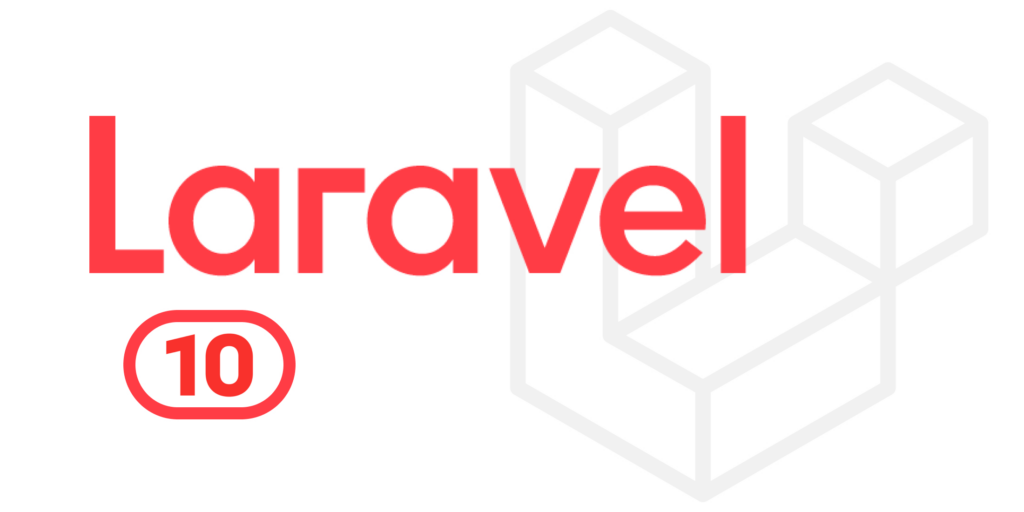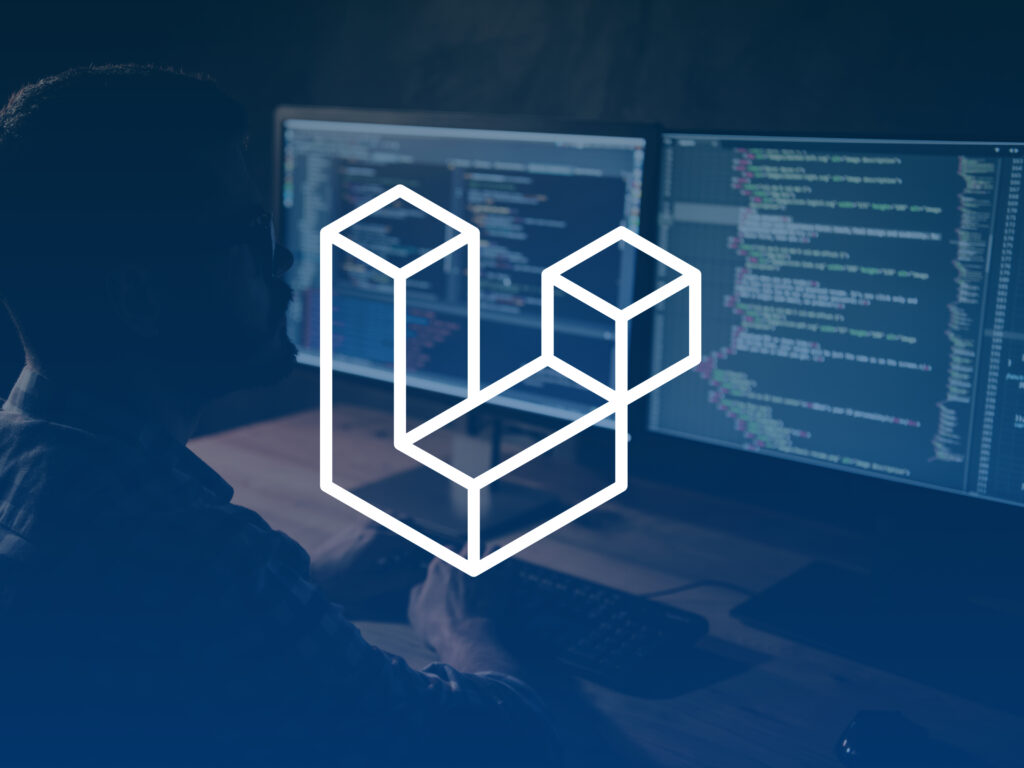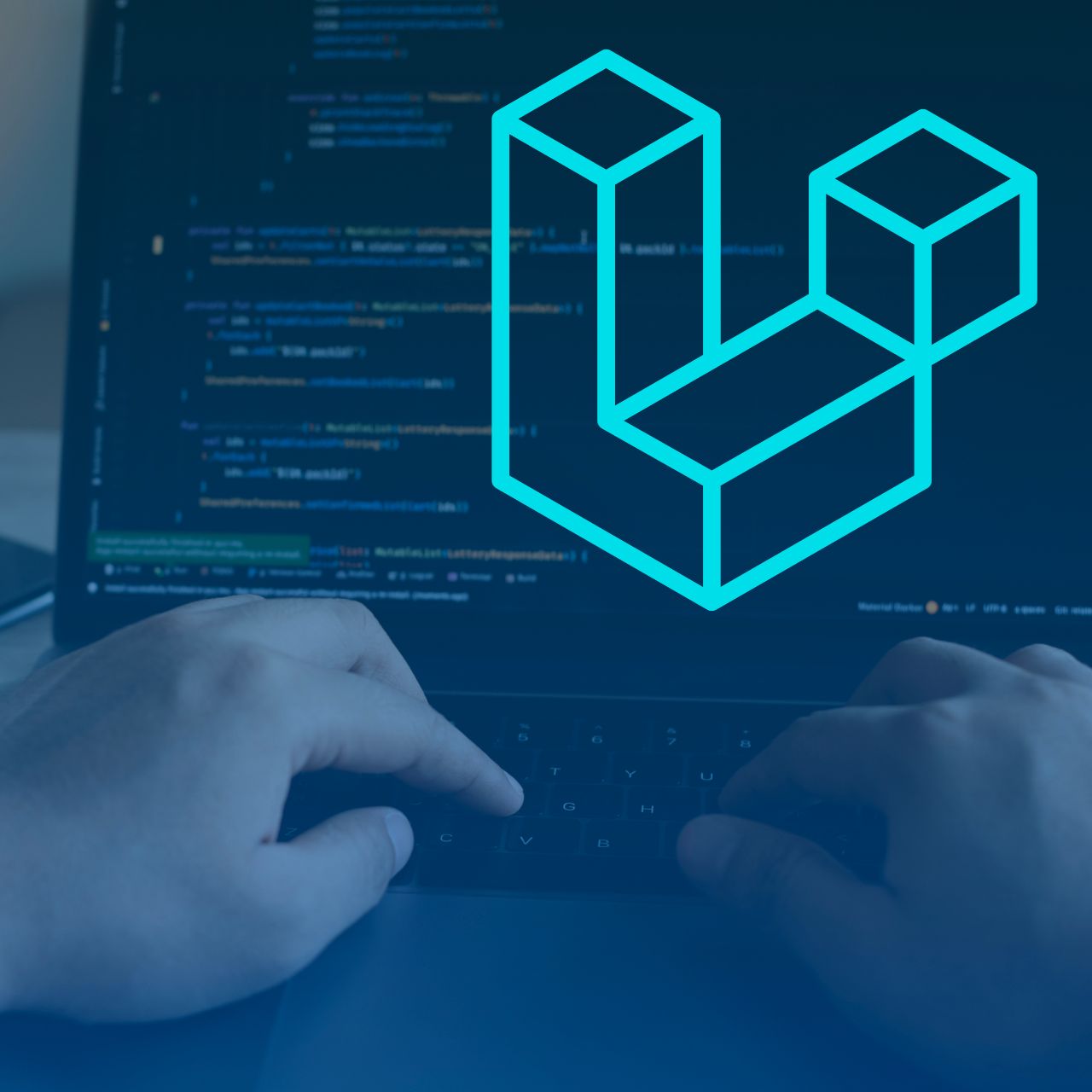Have you heard the Laravel news?
Laravel has released their latest patch, a major upgrade from version 9 to version 10 of the widely used PHP framework (February 7th, 2023).
Laravel have confirmed that for previous versions they will maintain support for both bug and security fixes. Any organisation on Laravel 9 can expect to receive updates for Bug fixes through to August 2023 and Security patches through to February, 2024.
Any organisations still on version 8 of Laravel are reminded that they will no longer be providing Security fixes as the support for this ended in December, 2022.

What does this mean to you?
If you are working with a Laravel Development Agency, they can assist and advise on the best course of action. As with all software upgrades, there are many benefits to users of the software from both a technical and non technical aspect, some of which we have listed below. Upgrading software however generally means the fundamental software has changed and therefore upgrading certain aspects of a technical stack can have consequences in different areas and cause conflicts in code, one example of which is the Support for PHP v8 with Laravel 10.
Recently many hosting companies have stopped supporting PHP 7 and Laravel have gone one step further, with Laravel now ceasing to support PHP 8 on their latest framework. If you are looking to take advantage of Laravel 10 with an existing project, this will need consideration, prior to upgrade.

Laravel 10 Features and Benefits
Security: Laravel was already a leader with its out of the box settings for configuration, the majority of settings are pre configured. Storing passwords and Cross-site Request Forgery (CSRF) is easily managed by inserting tokens into forms, but with Laravel 10 we can see further advancements, such as using a hashed and salted password, meaning the password won’t be saved in plain text on the user’s database.
In reviewing the latest Laravel release, we can see that Laravel has concentrated efforts for Developers and Development teams:
Native Type Declarations: A type declaration is a statement within the code which specifies the attributes and information including different types and lengths for developers to use, making development more efficient. In Laravel 10, any code that is generated by the framework will all be accompanied by type-hints and return types, leaving no uncertainty within the code. In previous Laravel versions docblocks were used
Pennant: Feature Flags: All Laravel 10 projects will now have feature flags added. Feature flags are a way to enable or disable features, without having to change the code. This feature will assist in providing specific features for different user types on live systems.
Is Laravel 10 for me?
Laravel is a framework which allows Developers to create web applications for bespoke requirements. If you have an existing Laravel application, you would have gone through a process of designing and developing the different screens, functions, output and business requirements. Ultimately it is the business requirements that drive the software development.
Advancements in Laravel are provided at a technical level to improve efficiency in developing platforms and systems, which at a developer level, reduces time and therefore cost in delivering projects. When new software is released it doesn’t necessarily mean it needs to be instantly upgraded, to upgrade business critical platforms there is a requirement to allow businesses to continue running their business and Developers need to continue with thorough testing as software is advanced.
We have mentioned that Laravel 10 does not support PHP 8, so this consideration and upgrade would need to be completed prior to Laravel 10. If you are running Laravel 9, you can take comfort that both bug patches will continue to mid 2023 and Security patches into 2024.
